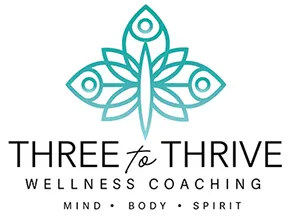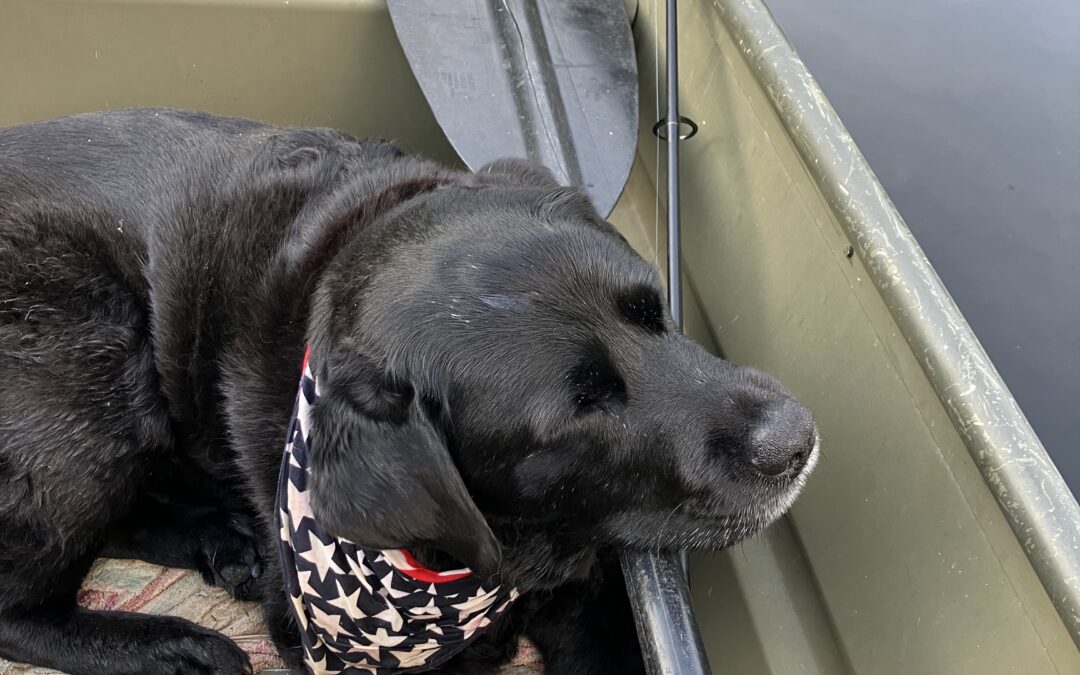Rest is Resistance
Here I am at the Toyota dealership on the first morning of my vacation. I was up at 5:45 am to feed my starving dog and take her for a walk, clean up the kitchen, listen to a 10-minute meditation, and visit the bank. And it’s only 10 am! Along with my computer, I also brought my to-do list, my smart phone (and earphones in case I want to listen to a podcast) and my breakfast. There is a part of me who is very proud of all this efficient activity. But I also appreciate the irony of my actions considering the topic of this blog. I waited almost a year to have a chunk of days to relax and now I find myself with a lengthy list of projects, lunch dates and errands. How did I get to the point where I place greater value on my level of productivity and efficiency instead of R&R?
“Activity and rest are two vital aspects of life. To find a balance in them is a skill in itself. Wisdom is knowing when to have rest, when to have activity, and how much of each to have. Finding them in each other – activity in rest and rest in activity – is the ultimate freedom.” – Sri Ravi Shankar, Celebrating Silence
“The grind culture” is a phrase which brings light to the fact that embedded in our culture is the expectation to subject our bodies and minds to work at an unrealistic and unrelenting pace. The title of this blog is based on the work of Tricia Hersey, founder and creator of The Nap Ministry. She describes ways that the simple practice of REST becomes an act of resistance and reclaiming of power.
“Over the course of a life, deliberate rest restores your energy, gives you more time, helps you do more, and helps you focus on doing the things that matter most while avoiding those that don’t. It helps you craft a life in which you can discover what challenges you’re meant to take on and give you the energy and time to face them. It creates a life that’s rewarding while it’s lived, a life that has purpose and pleasure, work and reward in equal measure. And that life feels complete and well-spent at the end.” – Alex Soojung-Kim Pang from the book, Rest: Why You Get More Done When You Work Less.
I am (obviously) not a great example of slowing down. Observing people in my life who make intentional choices to balance work with creativity, play and rest, I notice that everyone makes unique choices needed for their re-charge. Some nap, some paint, some play outdoors, and some travel. When I think of the topic of rest, three individuals in my life come to mind as great examples of prioritizing their version of rest.
My husband has a stressful job in human services. He works hard but makes rest a priority. He walks or runs with our dog after work almost every day then makes his best effort to sleep at least 8 hours. On the weekends, he gets up early for his long run then takes a nap in the early afternoon. He credits sleep for survival in his stressful job and for muscle recovery.
A former co-worker has avoided burnout during her 30+ year career by taking meaningful workshops to generate creativity and improve her skills. She saves money and vacation time for epic trips (Vietnam, Bhutan, Lesotho) and fitness goals (hiking NH’s 4,000 foot mountains, competing in the Iron Man triathlon, and taking qigong classes). I love to see her set long-term goals and plan out the small steps needed to achieve amazing things.
Rest is not just available for those without kids at home. I have a friend in Vermont who works full time, mothers two teenagers, and is a caregiver for her aging parents. She appreciates all her roles but she also values time for herself to read, craft, work out, and occasionally spend long weekends with friends. She realizes that it is through taking the time to nourish her own soul, she can be a better mother, daughter, employee, wife, and friend.
“Rest is not something that the world gives us. It’s never been a gift. It’s never been something you do when you’ve finished everything else. If you want rest, you have to take it. You have to resist the lure of busyness, make time for rest, take it seriously, and protect it from a world that is intent on stealing it.” – Alex Soojun-Kim Pang from the book, Rest: Why You Get More Done When You Work Less
Fishing with my husband and dog is the most restful activity I can think of. With my phone on airplane mode, I can be completely present with my favorite people in nature. And yes, I plan to fish several times during the next week! What are your favorite ways to rest?
If you are convinced that rest is essential, here are some reflection prompts:
- How do you wind down for a nap when an inside voice says, “DO something”?
- What types of tools help you separate from your electronic device?
- How do you soothe yourself though the times that felt restless or wasted?
- What structures do you put in place to ensure your rest? (schedule your calendar, seek accountability, make vacation reservations, sign up for a class, etc.)
Consider how your commitment to rest might lend encouragement and permission for others to do the same.
If reading about the topic of rest sounds relaxing to you, I highly recommend these two books: Rest is Resistance: A Manifesto by Tricia Hersey and Rest: Why You Get More Done When You Work Less by Alex Soojung-Kim Pang.
Be Well (Rested)
-Trish

